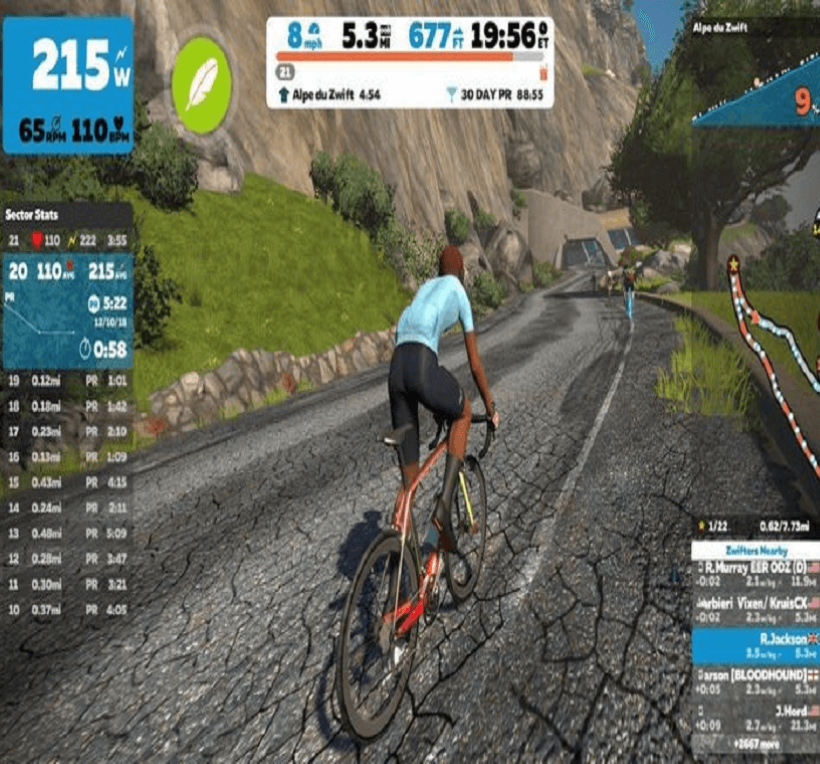

The 4 Biggest METAVERSE questions?
3+ Minutes
The 4 Biggest METAVERSE questions?
Any sports brands should ask regarding Web 3.0
In general, I never look at technology as good or bad, it’s a tool and it’s our commitment to use it to serve humanity for good, very much like electricity or mobile phones.
I know there are lots of questions and doubts about WEB 3.0 and specifically on the Metaverse and its impact on each one of us and on our kids. Topics like regulation, safety, wellbeing, and many more.
At the threshold of any new technology wave there are competing visions of dystopia and utopia; the metaverse is no different. While we cannot fully imagine the entire gamut of benefits or risks that will emerge, it is clear that we are about to launch into a fascinating new dimension of the human experience.
Besides the technological milestones required to fully realize the metaverse, there are perhaps more challenges that serve to temper the momentum and enthusiasm surrounding the concept. As the metaverse intersects with various facets of our physical and digital realities, 4 key questions emerge
1. How will the metaverse in sports unfold and transform the industry?
Fully connected 3D immersive experiences offer a fresh opportunity landscape across the industry but Sports brands, stakeholders and other key entities involved are all second-guessing about how metaverse-related solutions will shape future strategy and what investments they should make today to be ready for the metaverse when it explodes – which might be sooner than one might think.
A new stream of competitors are lining up alongside new markets, new customer preferences and new business models but familiar questions and concerns continue to circle around: What new innovation models will emerge? What new skill sets will be required? How to implement metaversal solutions to an ecosystem?
Although the mainstream use of the metaverse is a few years away, leading sports companies and brands are constrained to start factoring it into their short-term and long-term vision today.
2. Are key stakeholders in sports ready for the metaverse?
Issues surrounding personal data collection, privacy, deep fakes and more have been the talk of the town for some years now and there is a growing concern that metaverse will not only magnify these challenges but also introduce new ones.
Virtual and augmented reality devices are widely acting as our portal into the metaverse for sporting experiences and that is likely to continue for the next few years. Users are aware that the devices in use might allow companies to track increasingly personal data such as, facial expressions, blood pressure, eye gaze and more – which further raise concerns regarding privacy breach.
Current laws and data regulations will need sufficient updates across multiple vectors ranging from equitable access to security, liability, IP and digital rights as well as new ones like honest self-representation.
3. How will the metaverse reframe sports’ human-centered experiences?
Putting human interests at the core is an increasingly differentiating characteristic for companies today, especially when it comes to sports. In the metaverse, this is taking on an entirely new meaning as individual personas will manifest and teleport across the virtual immersive landscape.
Seamless experiences in the metaverse will hinge on understanding and adapting to emerging customer behaviors and expectations. Trust will become even more integral as fans will seek to engage on 3D platforms with utmost protection of privacy and data.
Few people would disagree that the very essence of sports comes from building a community and a sense of belonging, and that sporting events are best delivered in jam-packed stadiums and arenas. But as metaverse-based solutions gradually emerge in the upcoming main technology interface, there is an encouraging feeling that the elite sports industry is widely ready to teleport itself into the metaverse.
It is also vital to ask ourselves about the impact on potential technology addiction and mental health. Concerns already exist across these same topics for the current generation of social media technologies and the metaverse will make that experience even more engaging and potentially more dangerous.
What will be interesting to see is how this will change the way sports brands design and implement the customer journey. What will it take to deliver truly trusted experiences and how will fan engagement and loyalty be redefined in the sports industry.
4. What new dimensions will the metaverse open for sustainability in sports?
Making the metaverse a technology reality will require a vast new infrastructure and major sports brands and companies have already taken their big leap into the metaverse, or are at least, in the process of determining the pathway towards a successful metaverse implementation.
The metaverse has the potential to transform our ability to observe, model, and experience sporting events in the physical world, leading us to better understand our environmental impact and make better decisions.
Sport is the global tribal bonfire, a force for good that brings people together.
Web 3.0 will allow us to leverage and increase the power of the sport to create a better world
This should be our commitment.
With love of sports and Innovation,
Join Us on Monday 25th April at 15:00 UK Time in an Online Discussion





Comments
binance
Your point of view caught my eye and was very interesting. Thanks. I have a question for you.
Thank you for your sharing. I am worried that I lack creative ideas. It is your article that makes me full of hope. Thank you. But, I have a question, can you help me?
binance register
I don't think the title of your article matches the content lol. Just kidding, mainly because I had some doubts after reading the article.
binance Registrierung
Your article helped me a lot, is there any more related content? Thanks!
Thanks for sharing. I read many of your blog posts, cool, your blog is very good.
skapa binance-konto
I don't think the title of your article matches the content lol. Just kidding, mainly because I had some doubts after reading the article.
binance
Thank you for your sharing. I am worried that I lack creative ideas. It is your article that makes me full of hope. Thank you. But, I have a question, can you help me?
binance
Can you be more specific about the content of your article? After reading it, I still have some doubts. Hope you can help me.
binance
Your point of view caught my eye and was very interesting. Thanks. I have a question for you.
najlepsí binance odkazov'y kód
I don't think the title of your article matches the content lol. Just kidding, mainly because I had some doubts after reading the article.